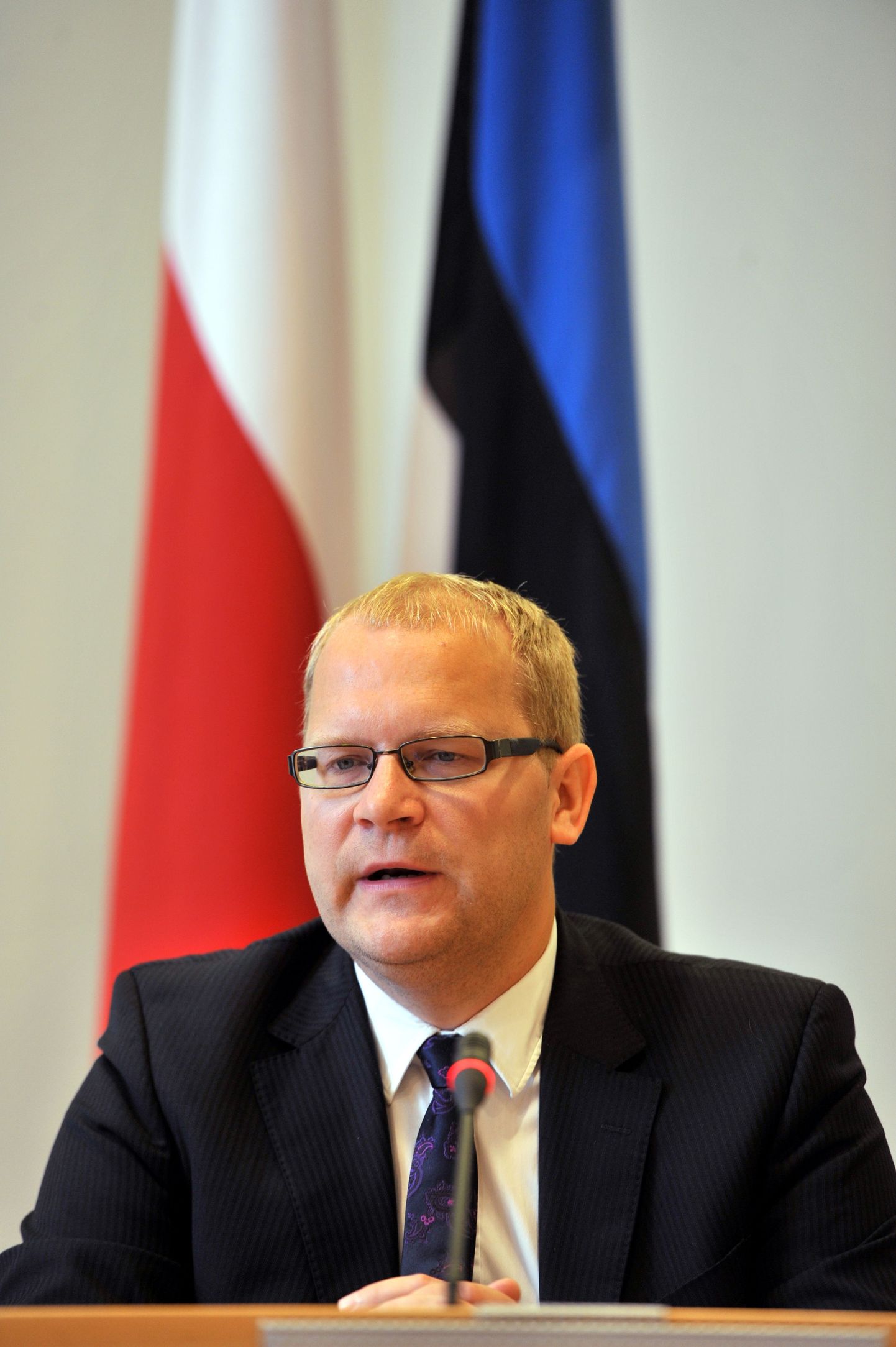The Estonian foreign minister stated that a strategy is not enough to fight violence against women. “Many interconnected activities are required, such as preventative measures that involve the wider community as well as NGOs. A support system– shelters and help hotlines – is also needed for the victims of violence,” Paet noted. “Co-operation among all parties is vital – civil society and the government, as well as various institutions,” he added.
Paet stated that the legislative framework is also essential for promoting the rights of women. Estonia has an action plan for reducing violence and developing criminal policy, and an action plan has also been approved for implementing Security Council Resolution 1325. The Estonian foreign minister emphasised the important of the principles of the Beijing Declaration as well as adhering to the action plan to fulfil them.
The main topic of this year’s session of the UN Commission on the Status of Women is the fight against violence against women in all its forms. In addition to ensuring quality services for all victims, another keyword is primary prevention, which is often a matter of education and changing attitudes.
Estonia’s best practices for primary prevention were introduced during a high-level expert panel discussion held after the session by director of the department for gender equality of the Estonian Ministry of Social Affairs Liina Kanter. “Gender-based violence is one of the harshest manifestations of gender inequality,” said Kanter. “Changes for the better start with the courage to see and recognise the inequality. At the same time, it is difficult to admit that we live in an unsafe society, where one can become a victim of violence based solely on one’s gender. This is why we consider it important to increase people’s awareness of their rights as well as opportunities to get help. Every person has the right to a safe life free of violence,” Kanter emphasised.
